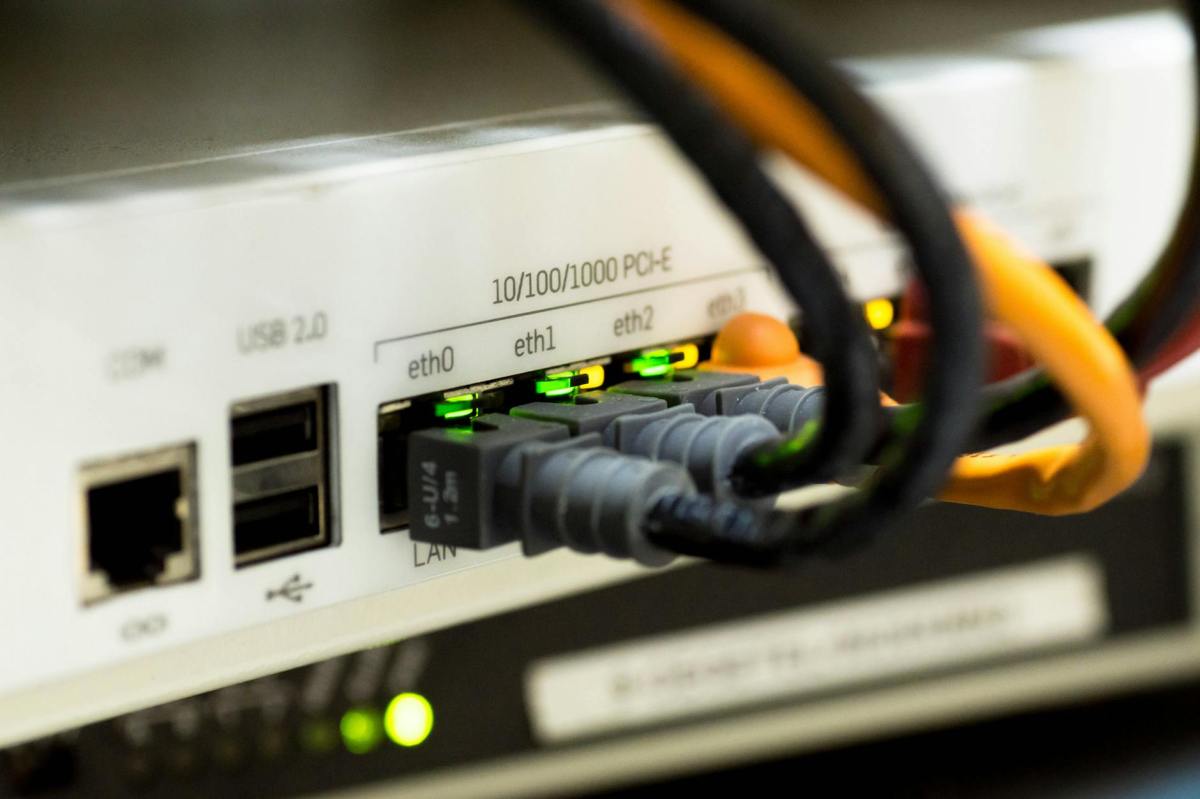Origin of Internet Day
Internet Day has been celebrated in Spain since October 2005 at the initiative of the Internet Users Association. In the first edition, more than half a thousand events were held throughout the country with the collaboration of two hundred private and public entities that signed the Declaration of Principles for building the Information Society.
In 2005, following the success of the day in Spain, the World Summit on the Information Society agreed to ask the UN General Assembly to declare a World Internet Day to be celebrated globally around the world.
The 2024 edition of Internet Day is a sign of the technological evolution we are currently experiencing, as it advocates for Artificial Intelligence committed to people. In parallel, Internet Week is being held from 8 to 17 May.
17 May, Telecommunications Day
With the background we have seen previously, the United Nations added World Information Society Day to 17 May, the day dedicated to Telecommunications since 1969, to promote the importance of ICTs.
Thus, in March 2006, the General Assembly adopted a Resolution (A/RES/60/252) stipulating that World Information Society Day should be celebrated every 17 May.
In November 2006, the Plenipotentiary Conference of the International Telecommunication Union (ITU) in Antalya, Turkey, decided to celebrate World Telecommunication and Information Society Day on 17 May by inviting all participants to commemorate the day by organising programmes to:
– Stimulate reflection and exchange of ideas on the theme chosen by the ITU Council.
– Stimulate reflection and exchange of ideas on the theme chosen by the ITU Council.
– Produce a report on the national deliberations on the various aspects of the theme, which will be sent to the ITU and the rest of the membership.
As a curiosity, the date chosen is no coincidence. 17 May marks the anniversary of the signing of the first International Telegraph Convention and the creation of the ITU in 1865.
Origin of the Internet
But what is the origin and history of the network of networks?
Undoubtedly, our world would be totally different from the way we know it if it were not for the Internet, whose birth and subsequent evolution has been a turning point in the way we work, have fun, relate to each other and even learn.
Indirectly, the birth of the Internet is linked to the Cold War space race. When the Soviet Union launched the first satellite into space, Sputnik I, the United States responded in 1958 with the creation of the Advanced Research Projects Agency (ARPA), part of the Department of Defence.
In 1961, Leonard Kleinrock published the theory of packet switching from MIT, and four years later, two computers were connected: one in Massachusetts and the other in California via a telephone line, although it was not very operational.
A major breakthrough came in 1969 with Michael Elie, who did succeed in connecting a computer at the University of California with one at the Stanford Research Institute. Shortly afterwards, four more universities joined, giving rise to an interconnection that became known as the Arpanet.
From Arpanet to Internet
When the US Department of Defence added the TCP/IP protocol to its network in 1983, it was renamed the Arpanet Internet and, some time later, came to be known as the Internet as we know it today: Internet.
The great qualitative leap came six years later, when Tim Berners Lee incorporated three new resources: HTML, HTTP and a programme called Web Browser, the basis for making web pages. In 1990, the Internet was born in a closed form within CERN and, in 1991, it finally reached the general public with the first web page in history.
Unequal use of the Internet around the world
In certain countries, and especially in some social sectors, the use of the Internet is fully incorporated into everyday life for different purposes such as work, leisure or studies.
However, this is not the case everywhere.
According to ITU data for the year 2022, it is estimated that 36% of the population in the least developed countries use the Internet compared to 66% of users in the rest of the world.
The same study suggests that 27% of the world’s total population has no Internet connection.
Conclusion
The history of humanity would be completely different in recent decades if the Internet had not existed, affecting us in many aspects and facets of our daily lives.
Every 17 May, Internet Day is commemorated to promote the good use and benefits of the Internet to society as a whole.









